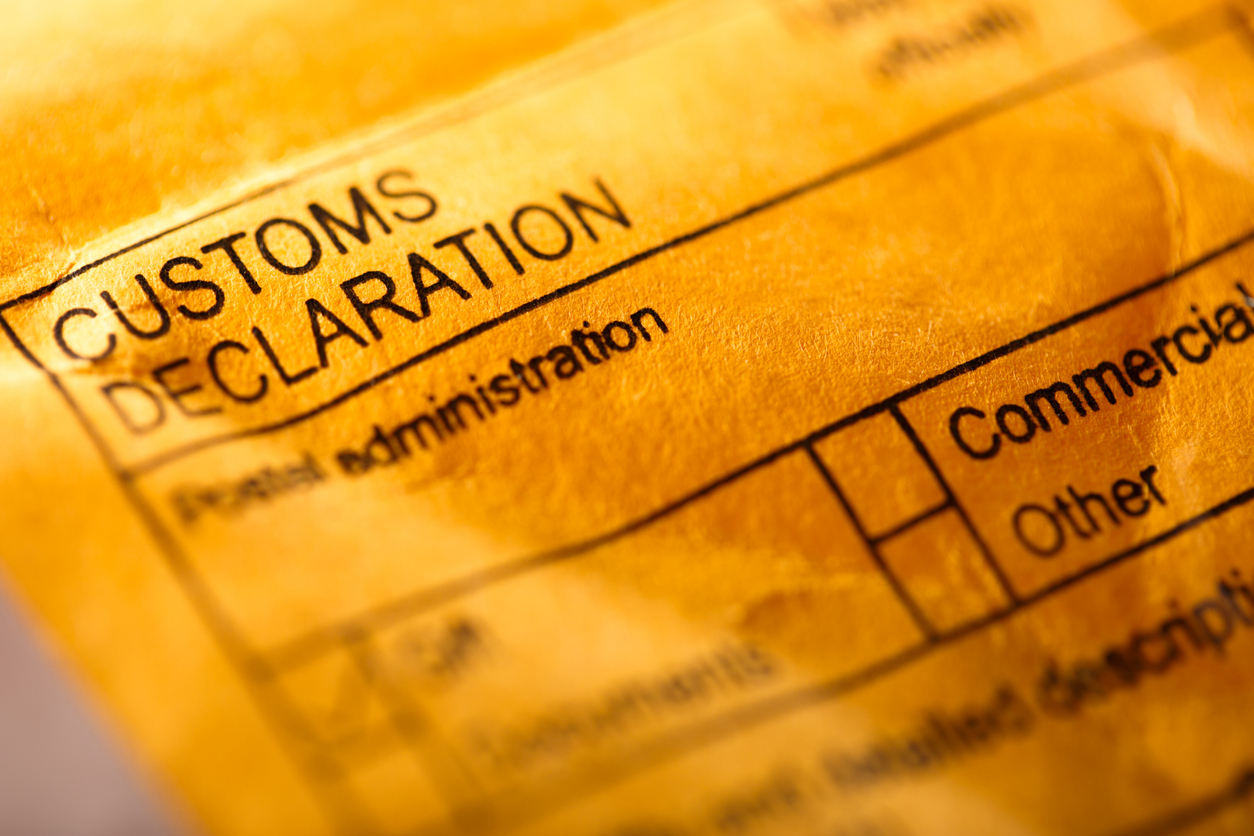
U.S. Accuses Importer of Circumventing Antidumping Duties
The importer allegedly mispresented the identities of its suppliers to evade higher antidumping duty rates
Home | Customs Fraud | Page 2

The importer allegedly mispresented the identities of its suppliers to evade higher antidumping duty rates

Firm transshipped Chinese products through Malaysia to falsify their “country of origin”

Firm allegedly misclassified and misstated the “country of origin” of aluminum wire it imported from China

Apparel firm allegedly undervalued and misclassified its imports to dodge customs duties

Importer fraudulently underpaid customs duties by using fake, undervalued commercial invoices and false tariff classifications

The conspirators allegedly transshipped Chinese-manufactured merchandise through Malaysia, then falsely declared its country of origin as Malaysia instead of China when importing it into the United States

The automaker allegedly evaded 90% of the tariffs it owed on cargo vans made in Turkey by installing “sham” seats and misclassifying them as “passenger” vehicles

The former logistics staffer who reported the import-duty evasion will receive a $152K whistleblower reward.

Former employees who blew the whistle on the duty evasion will share a $500k whistleblower reward.

Former Yakima employee to receive $500k False Claims Act whistleblower reward.